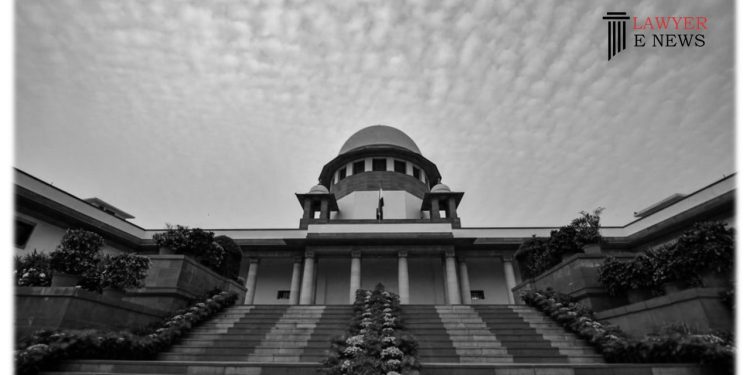-
by Admin
18 February 2026 3:03 AM



In a significant ruling that could impact the legal landscape surrounding bail in heinous offenses, the Supreme Court of India has rendered a landmark judgment in the case of Bhagwan Singh v. Dilip Kumar and Another. The decision, delivered by a bench comprising Justices S. Ravindra Bhat and Aravind Kumar on August 23, 2023, addresses the critical issue of granting bail in a case involving gang rape and threats.
The apex court's ruling is expected to have far-reaching implications, as it redefines the criteria for granting bail in cases of grave offenses and underscores the necessity for robust witness protection measures. The case revolves around the appellant's appeal against the High Court's decision to grant bail to the first respondent under Section 439 of the Code of Criminal Procedure, 1973.
The Supreme Court's judgment places a renewed emphasis on the principles governing the grant of bail. The Court highlighted the significance of factors such as the nature of accusations, severity of punishment, and credibility of the prosecution. The ruling firmly establishes that bail should be granted cautiously, especially in cases involving heinous crimes carrying severe penalties.
In the words of the bench, "The Courts have placed the liberty of an individual at a high pedestal and extended the protection to such rights whenever and wherever required." The judgment also underlines the need for the court to provide reasons for granting bail while balancing the rights of the accused and the requirement of a fair trial.
The Court's analysis delved into the complexities surrounding the delay in filing the complaint, recognizing that delay, in certain circumstances, may not be fatal to the prosecution's case. The bench noted that societal circumstances, the victim's age, and the threat posed by the accused are valid reasons for the delay.
Crucially, the judgment addresses witness intimidation and the potential influence wielded by the accused, particularly in high-profile cases. The Court highlighted the need to protect witnesses from threats and coercion, particularly when the accused occupies a position of power. The case underscores the court's role in safeguarding the integrity of the trial process and ensuring that justice is not thwarted by the grant of bail.
In its final verdict, the Supreme Court set aside the High Court's bail order and directed the accused to surrender within two weeks. The judgment established that the accused could seek bail only after the completion of witness depositions, a measure aimed at preventing potential interference with the trial.
This ruling, which addresses critical aspects of bail in cases of grave offenses, is expected to influence the legal landscape and redefine the parameters for granting bail. It sets a precedent for future cases involving heinous crimes, underscoring the importance of protecting witnesses and ensuring a fair trial.
Date of Decision: August 23, 2023
BHAGWAN SINGH vs DILIP KUMAR @ DEEPU @ DEPAK
